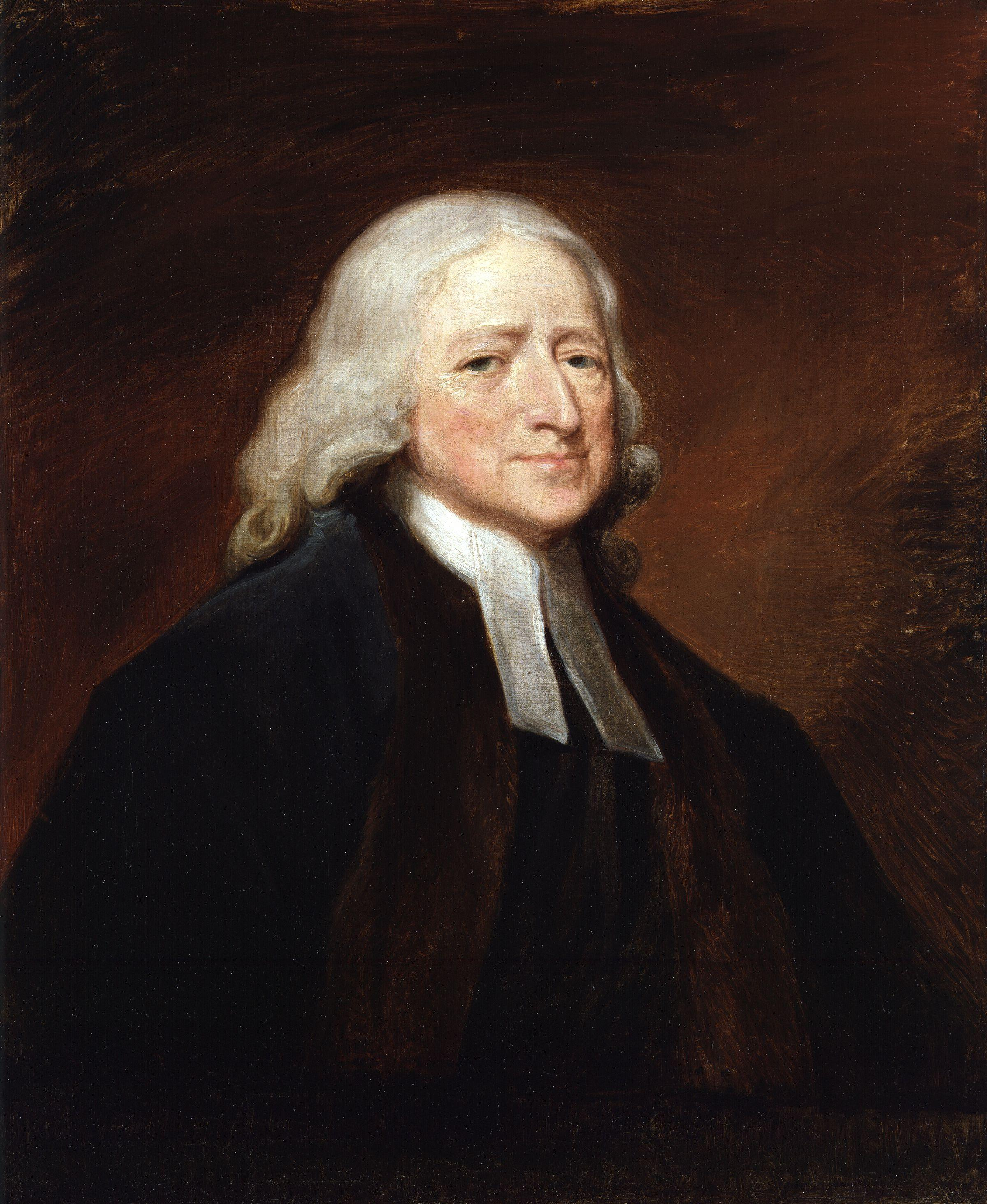Sermon 38 "A Caution against Bigotry http://www.ccel.org/ccel/wesley/sermons.v.xxxviii.html
Sermons on Several Occasions (1771)
Contesto: In order to examine ourselves thoroughly, let the case be proposed in the strongest manner. What, if I were to see a Papist, an Arian, a Socinian casting out devils? If I did, I could not forbid even him, without convicting myself of bigotry. Yea, if it could be supposed that I should see a Jew, a Deist, or a Turk, doing the same, were I to forbid him either directly or indirectly, I should be no better than a bigot still.
O stand clear of this! But be not content with not forbidding any that casts out devils. It is well to go thus far; but do not stop here. If you will avoid all bigotry, go on. In every instance of this kind, whatever the instrument be, acknowledge the finger of God. And not only acknowledge, but rejoice in his work, and praise his name with thanksgiving. Encourage whomsoever God is pleased to employ, to give himself wholly up thereto. Speak well of him wheresoever you are; defend his character and his mission. Enlarge, as far as you can, his sphere of action; show him all kindness in word and deed; and cease not to cry to God in his behalf, that he may save both himself and them that hear him.
I need add but one caution: Think not the bigotry of another is any excuse for your own. It is not impossible, that one who casts out devils himself, may yet forbid you so to do. You may observe, this is the very case mentioned in the text. The Apostles forbade another to do what they did themselves. But beware of retorting. It is not your part to return evil for evil. Another’s not observing the direction of our Lord, is no reason why you should neglect it. Nay, but let him have all the bigotry to himself. If he forbid you, do not you forbid him. Rather labour, and watch, and pray the more, to confirm your love toward him. If he speak all manner of evil of you, speak all manner of good (that is true) of him.
